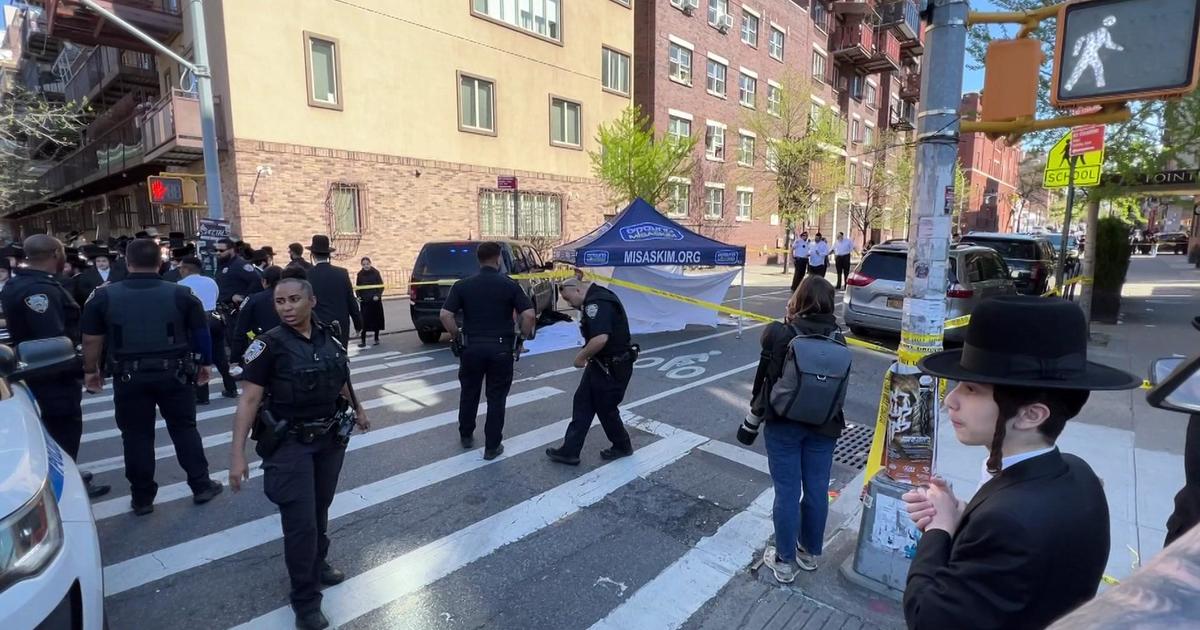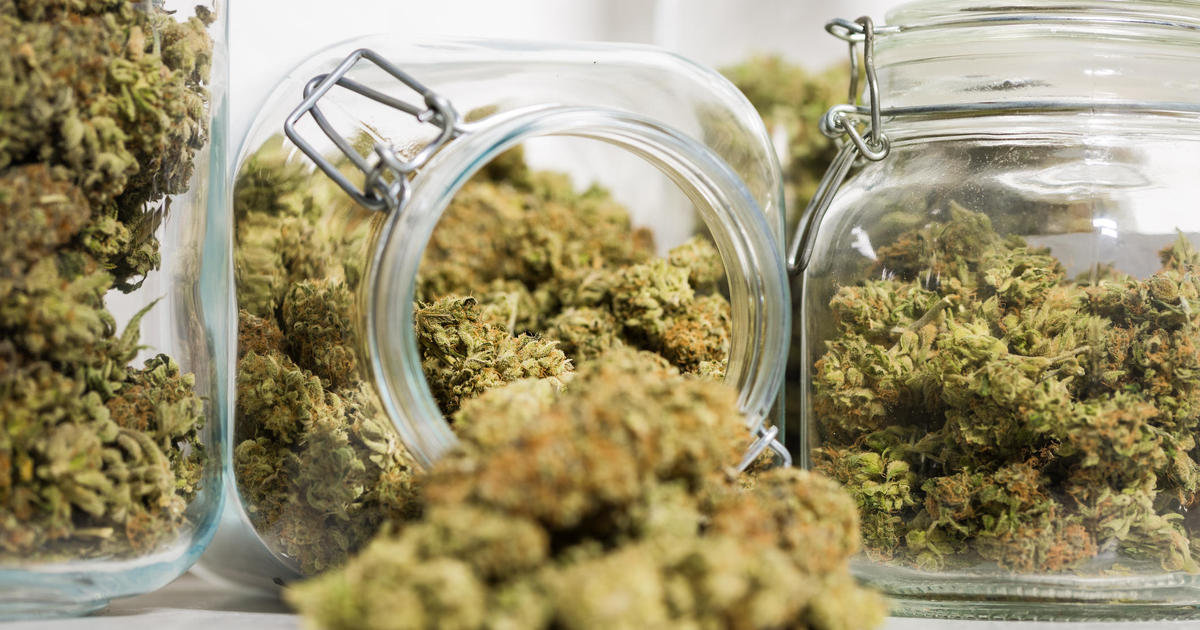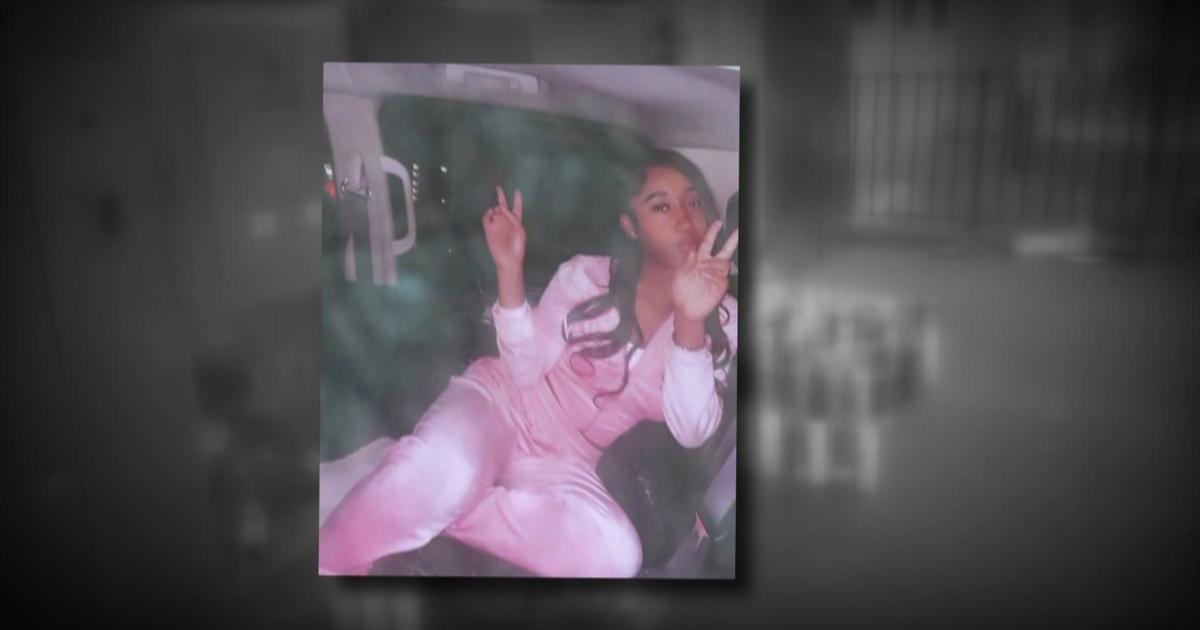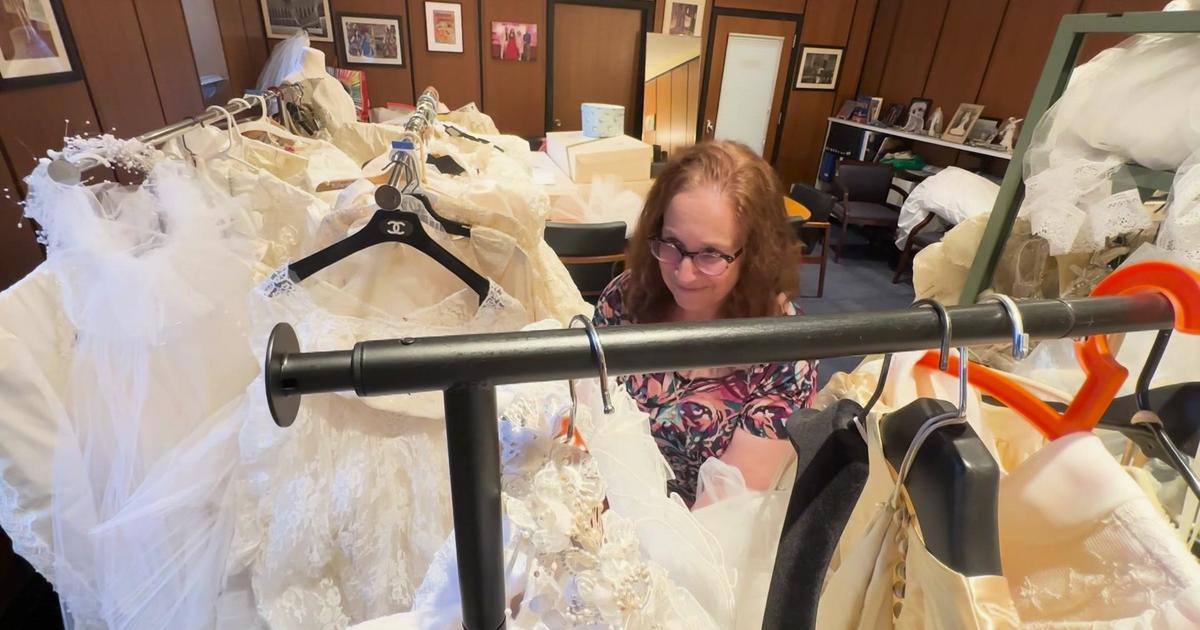Rosedale Teen Hunter Haymore Cured Of Sickle Cell Anemia
NEW YORK (1010 WINS/ CBS 2) -- A 14-year-old Queens girl can now look toward the future.
Hunter Haymore, of Rosedale, has been cured of sickle cell anemia, a disease which affects up to 100,000 people – mostly African-American women -- in the United States, thanks to the first successful bone marrow transplant done with a non-related donor.
Hunter, who has dreams of becoming a nurse, was the first person to undergo the procedure at the Cohen Children's Medical Center in New Hyde Park, bringing hope to other patients with the disease.
"When I first heard I was cured, I was so happy. All I wanted to do was scream 'I'm cured! I'm cured! I have no more sickle cell! I have no more sickle cell!'" she told CBS 2's Don Dahler.
Doctors are calling this a "medical milestone." Sickle cell is a genetic blood disorder carried by one in every 12 African-Americans, and one in 100 Hispanic-Americans.
"It's characterized clinically by severe episodes of bone pain which is caused by these abnormally shaped red blood cells lodging in small blood vessels within their bones," Dr. Joel Brochstein said.
Over time, the disease can cause serious complications in vital organs and significantly shorten a patient's lifespan.
Since the first successful bone marrow transplant for the treatment of sickle cell anemia in 1984, many patients have undergone successful transplantation from compatible siblings, with the latest series reporting an 85-90 percent success rate, doctors said.
Hunter is part of an on-going experiment using the National Bone Marrow Registry to find a match. Her parents were amazed to hear, just a month after the treatment, that Hunter was cured, after 14 long years of monthly blood transfusions and two strokes.
"It's just like a dream," Donna Haymore said.
Hunter was admitted to the hospital on Dec. 27 and had the transplant on Jan. 5. She returned home to her family on Jan. 21.
"It seemed like it was forever. And then when the cure came and it was established that she was cured, it seemed like it happened so quick. And it was emotionally overwhelming," father Eric Berry added.
But unless more minorities become bone marrow donors, Hunter's story will be the exception, not the rule. There are 8 million people on the national registry, but a fraction of them are minorities.
"It could change a life. It could change a life," Donna Haymore said.
"I would like to say thank you to the donor. Even though I don't know who you are, if you're out there, I'm the one that you donated the bone marrow to. And thank you very much. I appreciate it," Hunter said.



